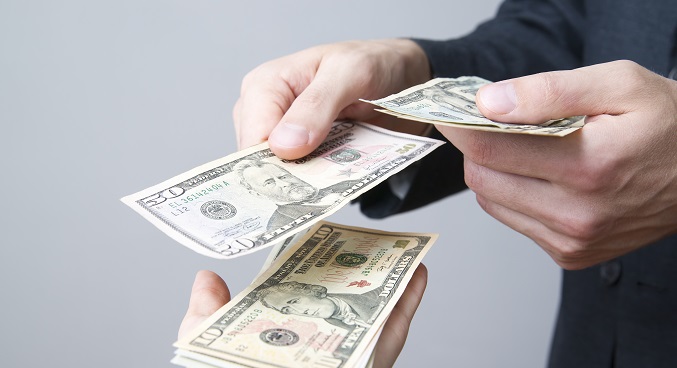I might be a lawyer now, but at one time I was just a struggling law student, which means I had zero income and a lot of debt. What it also meant is that a relied on the kindness of family members (thank you mom and dad) to help me fund those three years of my life. Similarly, many of our clients rely on assistance from family members and friends to help them get through their tough financial times. Most of the time our clients are greatly appreciative of these loans and want to pay their friends and family back.
The unfortunate part of this situation is that paying back family and friends is exactly the last thing we want our clients to do. Why? Because these people are viewed by the bankruptcy court as insider creditors. What in the world is an insider creditor? Good question. The bankruptcy code doesn’t appear to give a specific “test” for how to determine if an individual is an insider, but rather provides a laundry list of those whom the term includes, 11 U.S.C. Sec. 101 (31). Examples of potential insiders are relatives, general business partners, and director or officers of a corporation (if the debtor is a corporation). If a person does not fit into one of these narrow categories, case law seems to say that the court will evaluate whether the debtor and “creditor” would operate at arm’s length with one another or if there is some close relationship so that the creditor would have special influence over the debtor.
Ok, so we kind of know what an insider creditor is. So why is it a problem if last month you repaid your mom $2,000.00 of the $5,000.00 she lent you? It’s a problem because the bankrutpcy court does not like to see debtors perfer one creditor over another. All creditors should be treated equally. Even though it is hard to view mom, dad, or Uncle Bill as a creditor, if they have loaned you money with the intention that you would pay it back (as opposed to gifts here and there), they are a creditor. If you have made a repayment to that person within a year before your bankruptcy is filed, the payment becomes an avoidable preference. This means that if you have filed a Chapter 7 bankruptcy, your bankruptcy trustee can attempt to recoup that payment so that all creditors have an opportunity to have a share of the funds. If no one is willing to pay back the funds, the trustee can pursue legal action to recover the money. If you have filed Chapter 13 (where you are making payments to your creditors), the situation is not as serious, but the Chapter 13 trustee can still make sure that you pay at least the amount of the insider payment to your creditors over the life of your bankruptcy.
Is there any way to avoid this avoidable preference issue? Well, the standard precaution applies here…make sure you are completely honest with your bankruptcy attorney and that you disclose any insider creditor payments. This can stop the problem from getting worse. If you have a good bankruptcy attorney, he/she will advise you to stop repaying (you can always make voluntary payments after the bankruptcy is filed). If the amount you have repaid is relatively small, chances are the trustee will abandon the payment and not try to recover it.
